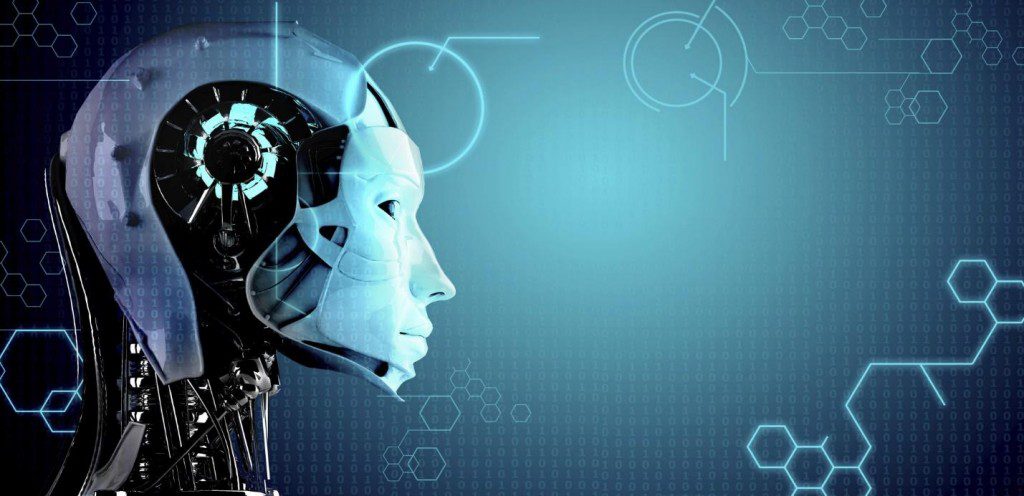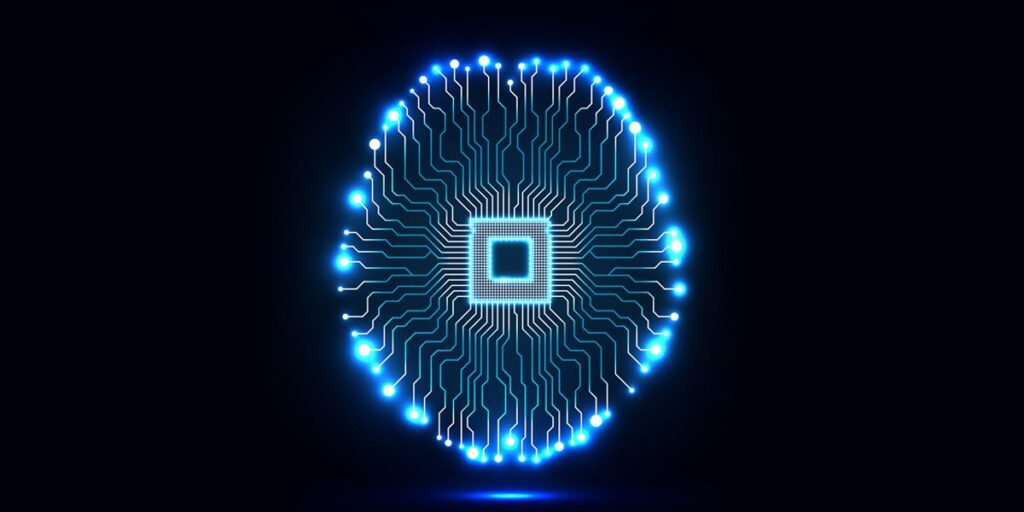Standardization is the need of the hour as we are surrounded by a variety of internet connected products. Hyper-connected workplaces, mobile and cloud technologies continue to develop at a rapid pace. Multiple industries like IT and aerospace rely on machine learning and artificial intelligence. Computing power, storage capabilities and data collection capacities are only enhanced with assistance from AI.
As artificial intelligence systems become more capable, we are likely to witness sophisticated engineering attacks. Cyberattacks will cause massive network penetrations, data thefts and virus epidemics online. We might even need artificially intelligent lawyers. Ironically, the cure of artificially intelligent attack may lie in artificial intelligence itself.
Related: Where is Artificial Intelligence Headed?
AI’s role in cybersecurity
Artificial intelligence plays a critical role in cybersecurity – finding out new exploits and identifying the weakness with minimal human intervention. It takes the pressure off from human colleagues by alerting and mitigating risks. AI technology helps create machines don’t need holidays and can work with the potential of 10 employees. They can have a combination of intelligence and goals. Cyberattacks and targeted technologies can be prevented to avoid unprecedented damage. Using AI helps determine the incident response time and prevent hackers from penetrating basic firewalls themselves.

Studies indicate that it takes, on an average in 2016, 99 days for a company to realize that they have been compromised. This time which is good enough to steal or manipulate the data.
Risk in AI
To err is human, but with super intelligent AI (SAI) – you either have safe systems or you don’t. SAI system failure leaves no scope for humans to make mistakes because of a binary situation. SAI systems ensure no attacks succeed in bypassing the safety mechanism in place. Computer enabled surfaces have allowed hackers to exploit the data and create potential new dangers for personal privacy, free speech and human rights. Cyberattacks can wipe 15% off company evaluations, as quoted by the vice president of cybersecurity at CGI. Cyber attackers not only focus on stealing data but also on altering this data. Imagine a zero less in your million-dollar account, or alteration in your medical records. All these could catastrophic effects.

A survey conducted by Australian cyber security company Nuix surveyed 70 professional hackers and results were shocking. 88% respondents said they could enter the system they target within 12 hours. 81% said they can steal the data which may go undetected for up to 100 days. (Pogue, 2017).
Also Read: Brain Prints Could Be the Next Data Security Tool
Advancements in AI cyber security
A security firm named SparkCognition has developed first AI-powered cognitive antivirus system called DeepArmour. As the name suggests, it will study new malware behaviors and how polymorphic files may try to enter systems. It keeps endpoints safe from malware that uses domain generated algorithms, minor code tweaks etc.
Another U.K. based startup Darktrace uses machine learning capabilities to develop self-learning security system to enable automatic defence. This technology is based on the human immunity system. As the human immune system protects the body from any foreign elements without compromising any key function, technology is modelled to detect anomalies in the network and eliminate it. Darktrace’s latest offering is called Antigena. It identifies threats and automatically slows down the system to maintain security levels.
A group of researchers at MIT’s Computer Science and Artificial Intelligence Laboratory (CSAIL) are working with machine-learning startup PatternE. They are developing a line of defence against such cyber threats. The system, known as AI2, detects 85% of attacks.
The Future of AI in cybersecurity
The security industry needs to identify best jobs and their bifurcation between human and machines. Advances in AI provides new tools and ways to threat generators as well as to threat hunters. Cybersecurity officials need to make the best use of AI and be a step ahead of cyber criminals. Companies and universities have already started investing in relevant degrees and project enabling AI security.
Machine learning does the heavy lifting in the first line of security assessment. It enables analysts to focus on investigations of threats rather than data crunching. However, hackers are obviously not leaving their guns. It is time for us to think creatively and create a better future with artificial intelligence in place.
Reference
Pogue, C. (2017). The Black report. Nuix.com. Retrieved from https://www.nuix.com/white-papers/black-report


